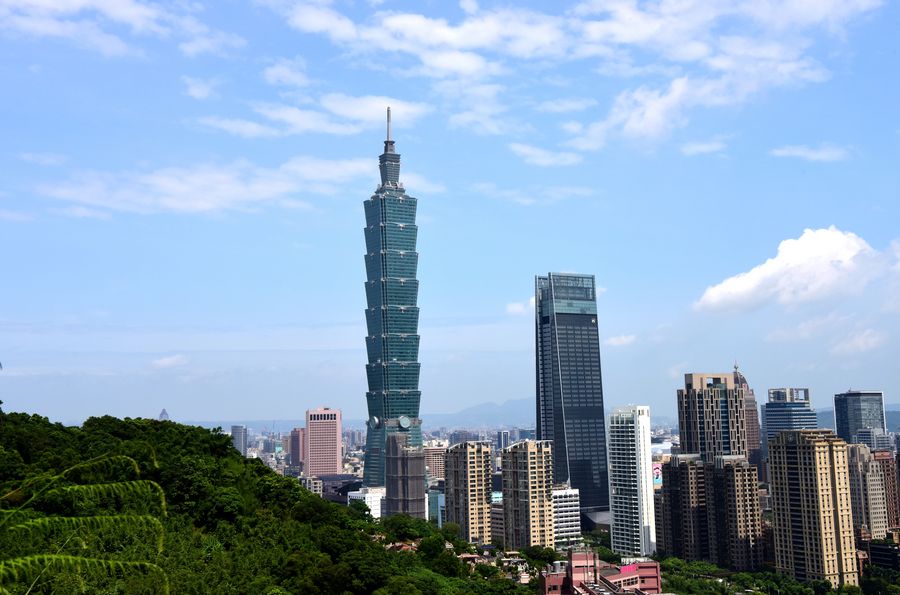UN Resolution 2758 clear and unambiguous on Taiwan's status as inalienable part of China: China Daily editorial


The one-China principle is the foundation for foreign countries' relations with Beijing. To date, 182 countries, including the United States, have established diplomatic relations with the People's Republic of China based on this principle. Under this principle, their relations with the Chinese island of Taiwan are non-governmental.
Although it has historically adhered to its own "one-China policy" that is more ambiguous, the US government has generally toed the line since diplomatic relations were established, acknowledging there is only one China in the world and Taiwan is an integral part of China. Even amid the current tensions, the Joe Biden administration keeps reiterating the official US commitment to "one China".
That is because everyone knows "one China" is a legal reality that brooks no challenge.
However, that doesn't mean everyone is willing to accept that reality. As the White House presses allies and partners harder to join its Cold War-style isolation of China, the US Congress is leaving no stone unturned in its efforts to contain what it identifies as their country's foremost rival.
It always considers Taiwan a handy card to play in this endeavor. Not only did the US unveil a military aid package for Taiwan worth up to $345 million on Friday, but it is also attempting to remove the cornerstone of the one-China principle, by seeking the re-interpretation of UN Resolution 2758. The resolution of October 1971 restored the legal status of the PRC government at UN institutions and expelled the representatives of Taiwan from the United Nations.
In the "Taiwan International Solidarity Act" the House of Representatives passed last week, it is argued that, "The resolution did not address the issue of representation of Taiwan and its people in the United Nations or any related organizations, nor did the resolution take a position on the relationship between the People's Republic of China and Taiwan or include any statement pertaining to Taiwan's sovereignty."
The new act's proclaimed purpose is to oppose Beijing's efforts to "distort" the UN document. But it takes no further scrutiny to see who is doing the distorting.
If the US House members have difficulty understanding why Resolution 2758 stated in clear terms what they claim is missing today, it was because there is no need. Taiwan is treated the way it is internationally because it is not an independent sovereign entity.
It is a part of China, of which the central government in Beijing is the sole legitimate representative. Or else, the UN would not have replaced the representatives from the island with those from the mainland back then.
Meanwhile, as a spokesperson for China's defense ministry urged, Washington should refrain from going further down a "wrong and dangerous" path with its "military collusion" with the island.

































